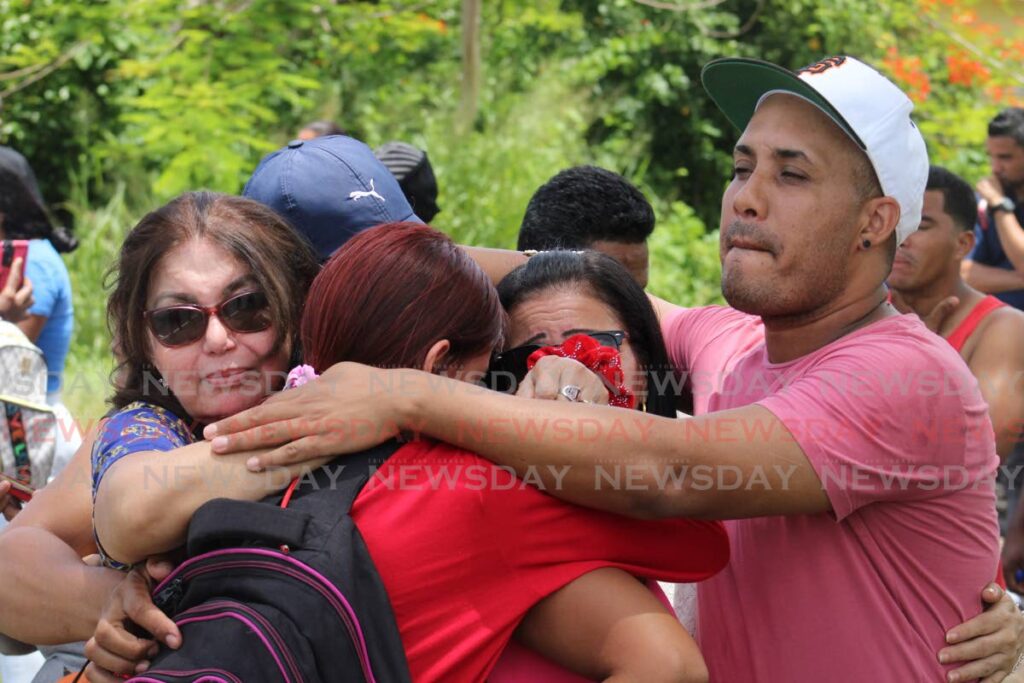Venezuelan migrants in Trinidad and Tobago (TT) are grappling with heightened anxiety as recent government measures and escalating tensions between the two nations have sparked widespread concern. The Ministry of Homeland Security’s announcement of a deportation plan and the temporary suspension of supervision permits for asylum seekers has left many families fearing arbitrary detentions or forced repatriations. On October 27, the ministry confirmed the detention of over 200 irregular migrants, predominantly Venezuelans, who are slated for repatriation. The suspension of supervision orders, which previously allowed refugees and asylum seekers to remain in TT without detention, has further exacerbated the situation. Authorities justify these measures as necessary to enforce immigration laws. La Casita Hispanic Cultural Centre, an advocacy group for immigrants’ rights, has expressed deep concern over the potential human rights violations and psychological toll on migrant communities. The organization emphasized the need for migration policies to uphold principles of human dignity, non-discrimination, and international protection, citing treaties such as the Universal Declaration of Human Rights and the 1951 Refugee Convention. La Casita also warned against the risks of violating the principle of non-refoulement and the potential rise in xenophobic acts. Migrants like Mariela Torres, a mother of two, and Luis Carlos Gómez, a cook in Port of Spain, shared their fears of sudden deportation and the disruption of their lives. Carolina Pérez, a small business owner, stressed that Venezuelan migrants seek stability and the opportunity to contribute to TT’s economy and culture. As tensions between Caracas and Port of Spain persist, social organizations urge governments to prioritize dialogue and humanitarian considerations in addressing migration challenges.
